It’s no secret that the e-commerce landscape continues to grow. In fact, e-commerce sales accounted for approximately 11 percent of all sales during the third quarter of 2019. Starting your e-commerce business is only half the battle; scaling it is quite another. Your e-commerce business will only grow as much as you are willing to scale. In this article, we will provide five things you must do to scale your e-commerce business.
How To Scale Your E-commerce Business
1. Design And Implement A Top-Notch Customer Service Strategy
Today’s customers are looking for personalized experiences. Therefore, e-commerce businesses should design and implement a customer service strategy that delivers the experience that customers are looking for and which also gives you a competitive edge. A customer service strategy will not only ensure that every customer is satisfied and in turn generate more sales, but it will also allow you to scale.

2. Establish The Right KPI
You can’t scale your e-commerce business if you don’t have a baseline of data. After all, how will you know what growth looks like? How will you measure performance? It’s important to have solid data to ensure that your e-commerce business is growing and scaling according to your goals. Establishing the right KPIs will allow you to have a real-time understanding of how your e-commerce business is performing and which sales and marketing channels are yielding the best results, attracting the right customers, and generating the most sales.
3. Focus On Fulfillment
A common mistake that many e-commerce businesses make is forgetting about fulfillment. However, the fulfillment process can either make or break your e-commerce business, especially if you are fulfilling the orders yourself. So, if you are sitting at your kitchen table packing and shipping your own orders, now is the time to streamline your fulfillment operations.

The good news is that there are several fulfillment options available today, such as Amazon Fulfillment. A fulfillment service does all the work—from packing to shipping, and printing shipping labels—the minute a customer places an order. A fulfillment service is definitely a must-have if you plan on scaling your e-commerce business.
4. Automate Paid Ads With Artificial Intelligence (AI)
It can take hours to create ads, set up the campaigns, select the right target audience criteria, and monitor results, which is hardly a scalable process. Automating the process of building and setting up your paid advertising campaigns can save you a ton of time and resources. You can also take this one step further by integrating an automation tool into your e-commerce system or framework. For example, AdScale is a fully automated advertising platform designed for Shopify. It automatically advertises your e-commerce business across multiple digital and social media channels, including Google Ads and Facebook. It also uses machine learning algorithms to analyze store data and combine it with industry benchmark data.
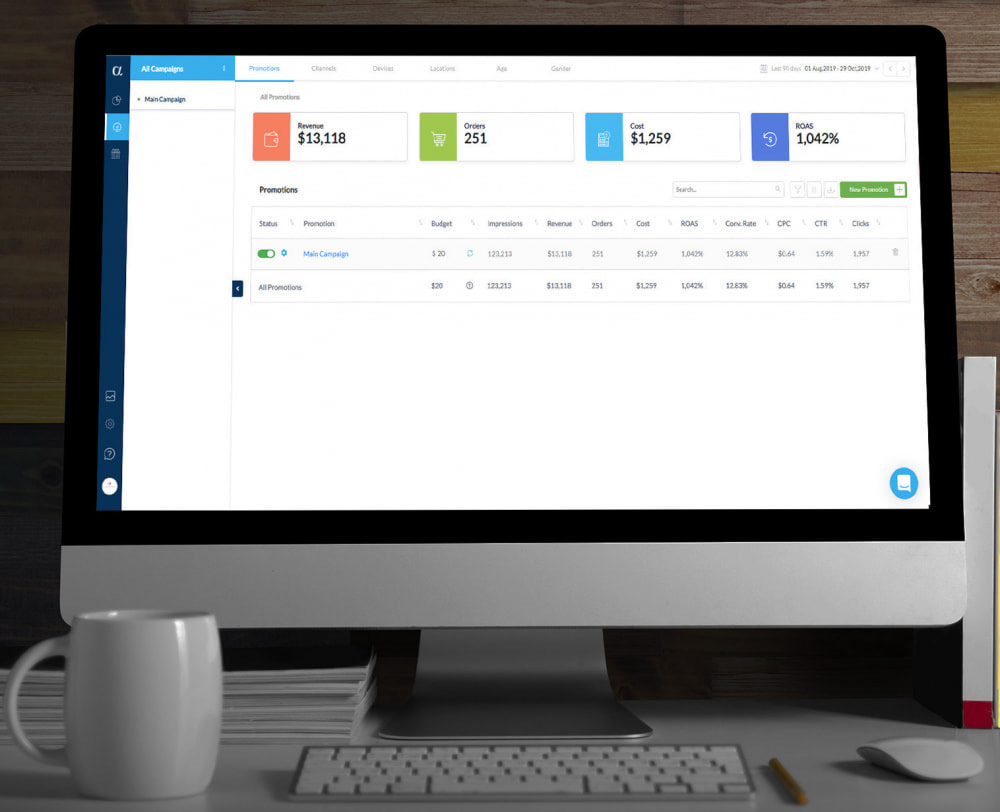
5. Optimize And Maximize Ad Budgets
Even the most successful e-commerce businesses have strict marketing budgets. Therefore, it’s important to pinpoint and focus on the most effective paid advertising channels. Using the right systems and tools can help automate these processes and also determine which advertising channels are yielding the best results and return for your e-commerce business.
AdScale is an automated tool that uses an advanced AI engine to create and optimize your paid advertising campaigns and maximize performance, so you aren’t wasting your hard-earned marketing dollars on campaigns and channels that aren’t yielding results.
Scaling Your E-commerce Business In 2020
Depending on your growth stage and the type of e-commerce business you own or operate, there might be other must-do items on your list. However, these are five important things that typically apply to any e-commerce business in some way, shape, or form.
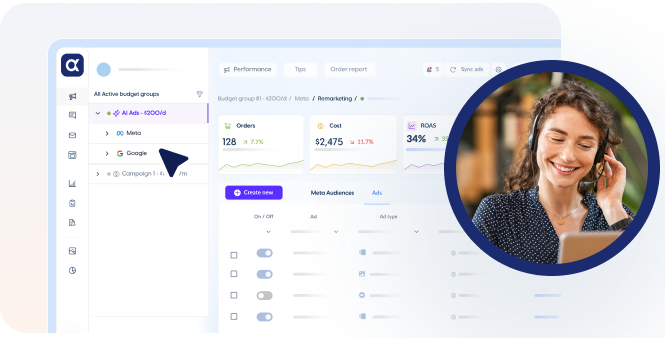

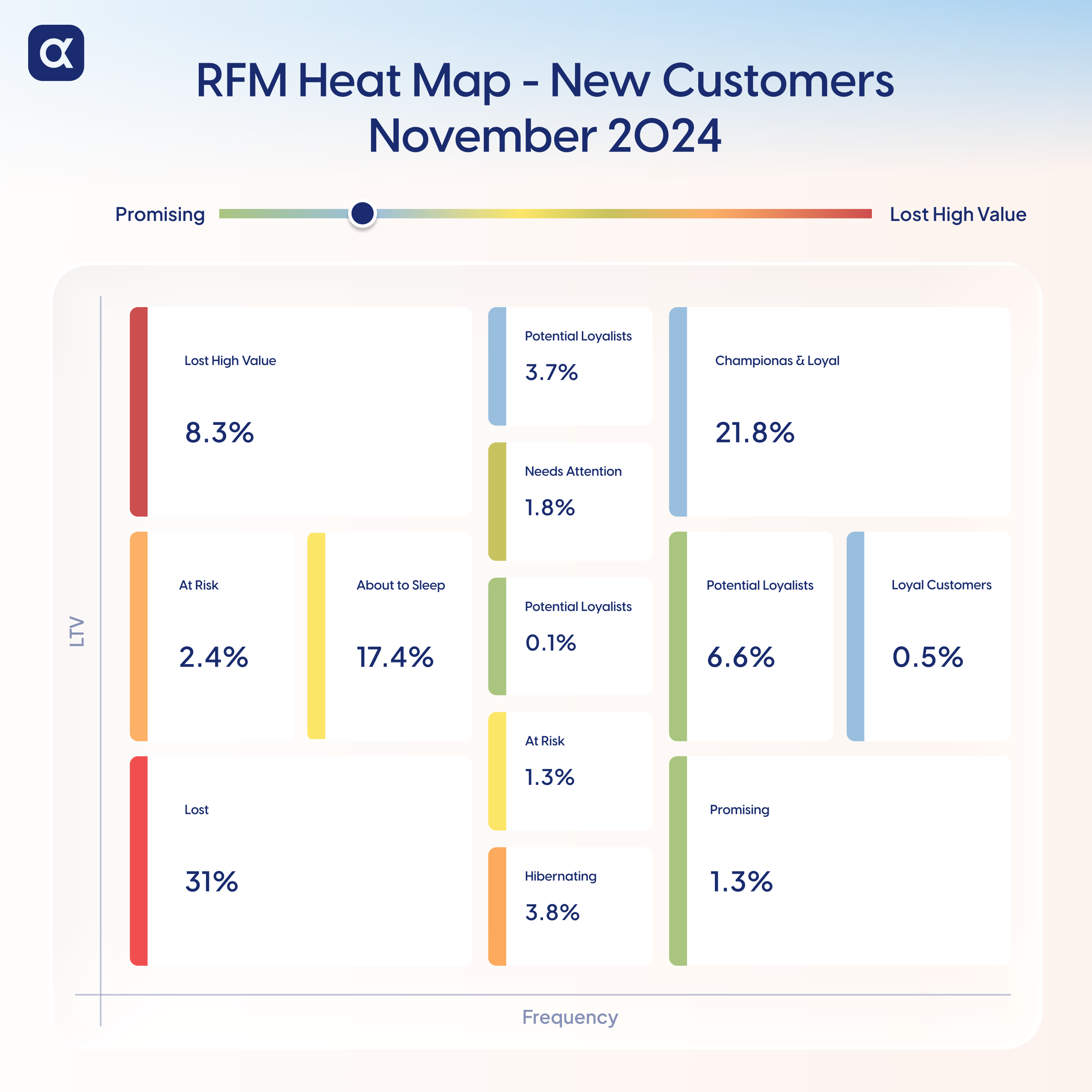
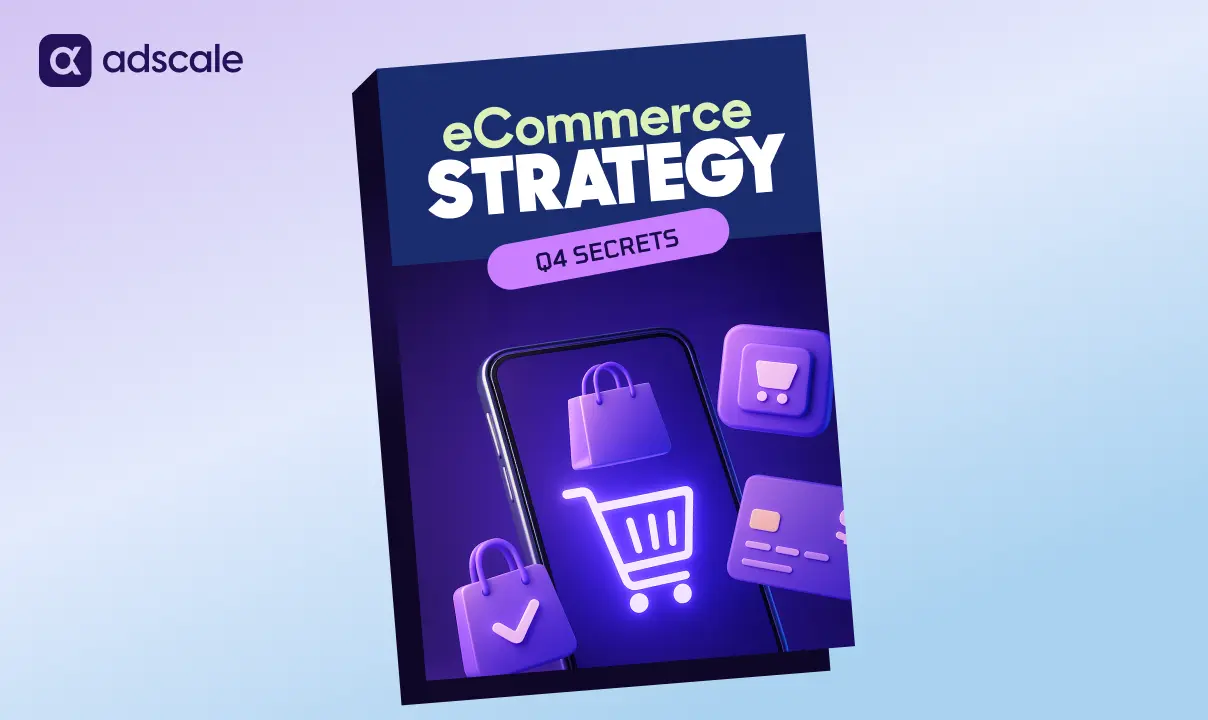



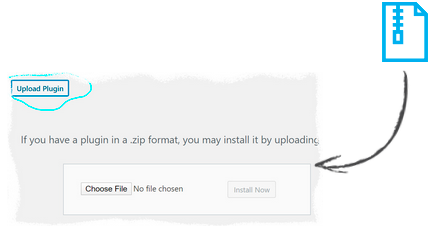
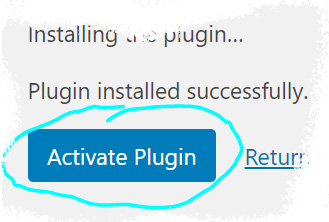
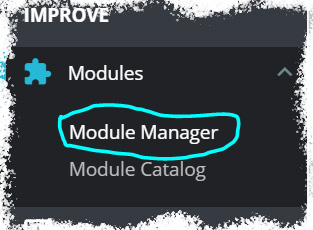
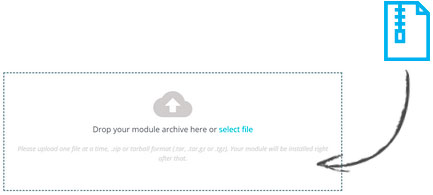
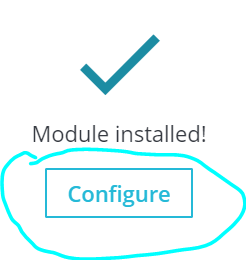



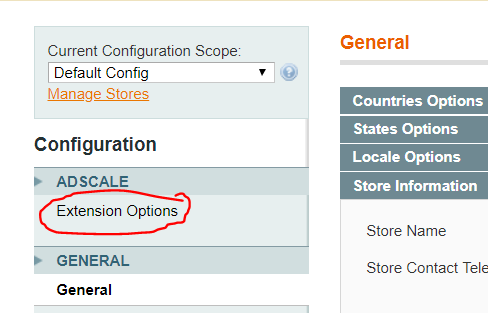
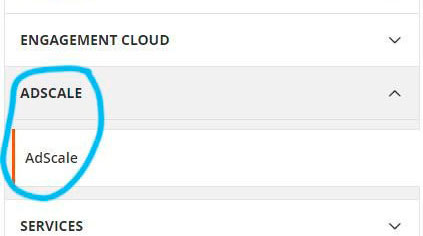
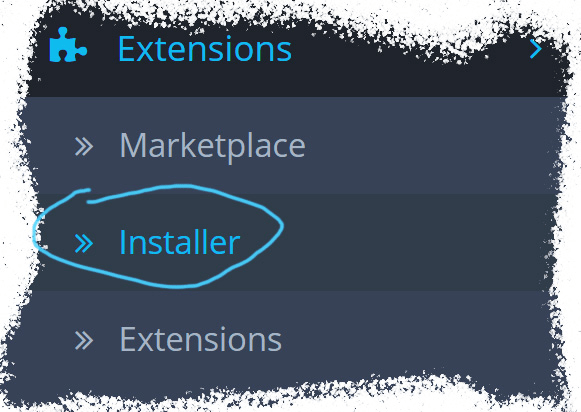
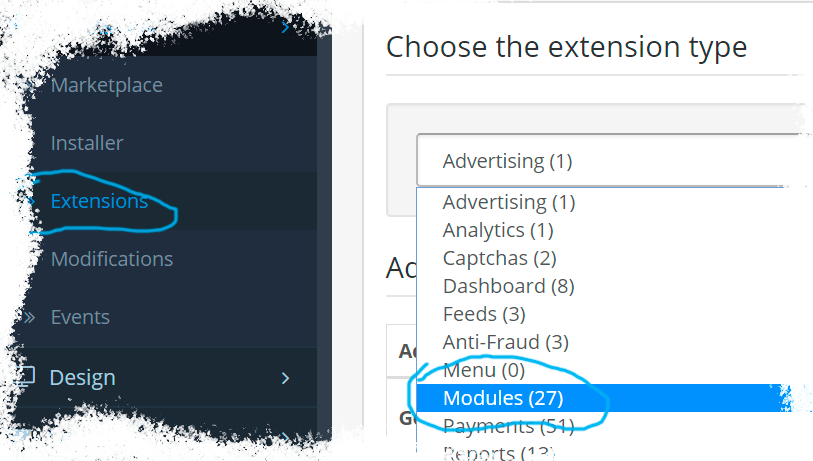
 ,
,